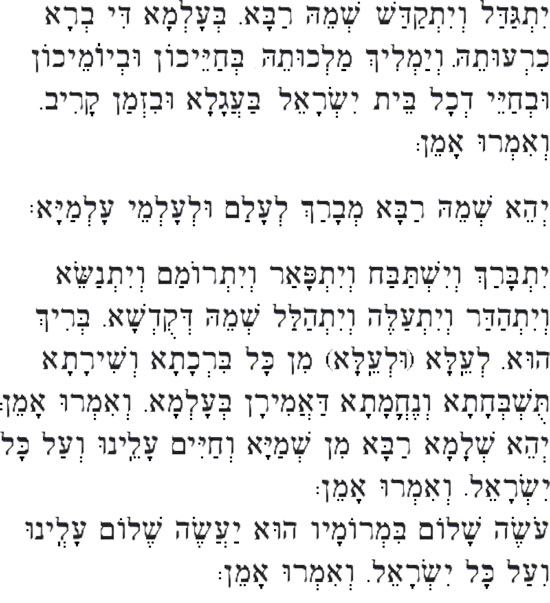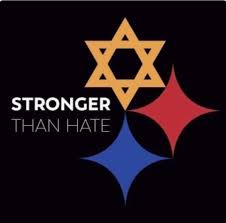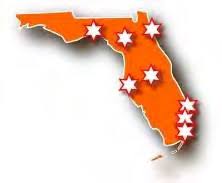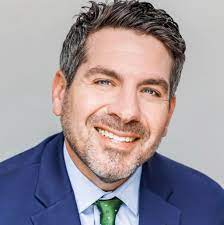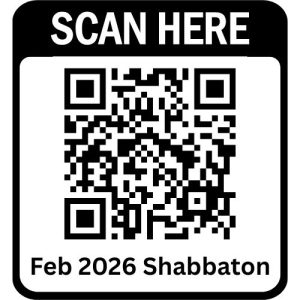I recently had the pleasure of listening in on a fascinating Ritual Committee discussion concerning the question, when a congregation is invited publicly to recite the Mourners Kaddish for any of their respective family members, is there anything wrong, or out of order, or religiously problematic with reciting Kaddish for a person who might not have a living relative to say Kaddish on their behalf, such as saying Kaddish on behalf of those who were killed in the Shoah?
Written in Aramaic, the Mourner’s Kaddish is a simple prayer with deep emotional significance for those who recite it. Traditionally, it is recited by those who are in mourning for an immediate family member. After the death of a parent, it is customary to recite Kaddish for 11 months. After the death of a sibling, spouse, or child it is customary to recite Kaddish for one month.
Kaddish (‘sanctification’) is the doxology in which the hope is expressed that G-D‘s great name will be sanctified in the whole world He has created and the Kingdom of Heaven be established on earth. According to some traditional sources, Kaddish helps elevate the deceased into the World to Come. Others explain the practice as a way of reaffirming one’s faith in God after the death of a loved one. One thing is clear, for nearly 1000 years rabbis have considered saying Kaddish to be an important and evocative experience for mourners.
But what about reciting Kaddish for people who are not immediate family members such as victims of the Holocaust, those who lost their lives in the attack at the Tree of Life Synagogue, victims of the war in Ukraine, or for the million plus people that died from Covid in the past two years? Rabbi Kerry Olitzky, Executive Director of the Jewish Outreach Initiative, opined that that anyone may take on the responsibility of reciting Kaddish. Often when a person dies without having children, his or her relatives or friends recite Kaddish, even though they are not technically considered mourners of the deceased. However, Rabbi Olitzky also noted that when one takes on the responsibility of Kaddish, especially for an indefinite period of time beyond the normal defined mourning period, one risks diminishing its power when the time comes to recite Kaddish for a close relative.
In 1980, the Reform rabbinate published a responsum on the subject of saying Kaddish for victims of the Holocaust. It reports that in many Reform congregations it is customary for the entire community to rise for the Mourner’s Kaddish and recite it together, both to provide comfort for those who are in mourning for family members, and in memory of those who died in the Holocaust.
On the Orthodox side of the spectrum, the Israeli rabbinate designated the 10th of Tevet (next falling on January 3, 2023) as Yom Ha-Kaddish Ha-clali; the date for reciting Kaddish for victims of the Holocaust whose yahrtzeits are unknown. Though not universally observed, it is an appropriate time to commemorate the victims of the Shoah with Kaddish.
However, some communities discourage anyone who is not technically a mourner from standing for and reciting the Mourner’s Kaddish. After all, if everyone stands for and recites the Mourner’s Kaddish then nobody knows who is actually mourning the loss of a loved one. Even worse, if one who is not in mourning recites the Mourner’s Kaddish then it could give the incorrect impression that they are saying Kaddish for a living person in the hopes that they would die.
So, is it acceptable to stand for and recite the Mourner’s Kaddish if you are not technically a mourner? If in doubt, then it may be best to consult with your Rabbi before making a statement that might differ from your community’s standards. If it is deemed inappropriate to stand and recite the Mourner’s Kaddish publicly then, perhaps, you can read the text of the Kaddish to yourself and reflect privately.
Yit-ga-dal v’yit-ka-dash sh’mei ra-ba, b’al-ma di-v’ra chi-ru-tei, v’yam-lich mal-chu-tei b’chai-yei-chon uv’yo-mei-chon uv’chai-yei d’chol-beit Yis-ra-eil, ba-a-ga-la u-viz-man ka-riv, v’im’ru: Amen.
Y’hei sh’mei ra-ba m’va-rach l’a-lam ul’al-mei al-ma-ya.
Yit-ba-rach v’yish-ta-bach, v’yit-pa-ar v’yit-ro-mam v’yit-na-sei,
v’yit-ha-dar v’yit-a-leh v’yit-ha-lal, sh’mei d’ku-d’sha, b’rich hu,
l’ei-la min kol bir-cha-ta v’shi-ra-ta, tush-b’cha-ta v’ne-che-ma-ta, da-a-mi-ran b’al-ma, v’im’ru: Amen.
Y’hei sh’la-ma ra-ba min sh’ma-ya,v’cha-yim, a-lei-nu v’al kol-Yis-ra-eil,
v’im’ru: Amen.
O-seh sha-lom bim-ro-mav, hu ya-a-seh sha-lom a-lei-nu v’al kol-Yis-ra-eil,
v’im’ru: Amen.
These words of comfort and wisdom are brought to you by the Florida Region of the FJMC. We serve the needs of Jewish Men’s Clubs and Brotherhoods across the State of Florida from the Panhandle to Miami. If you are not yet affiliated with the Federation, then today is the day to join us. Get to know more about the Florida Region of FJMC and our growing statewide network of dynamic Jewish Men’s Clubs and Brotherhoods on our website www.FloridaRegionFJMC.org and please visit and LIKE our Facebook Group at www.facebook.com/FloridaRegionFJMC.
